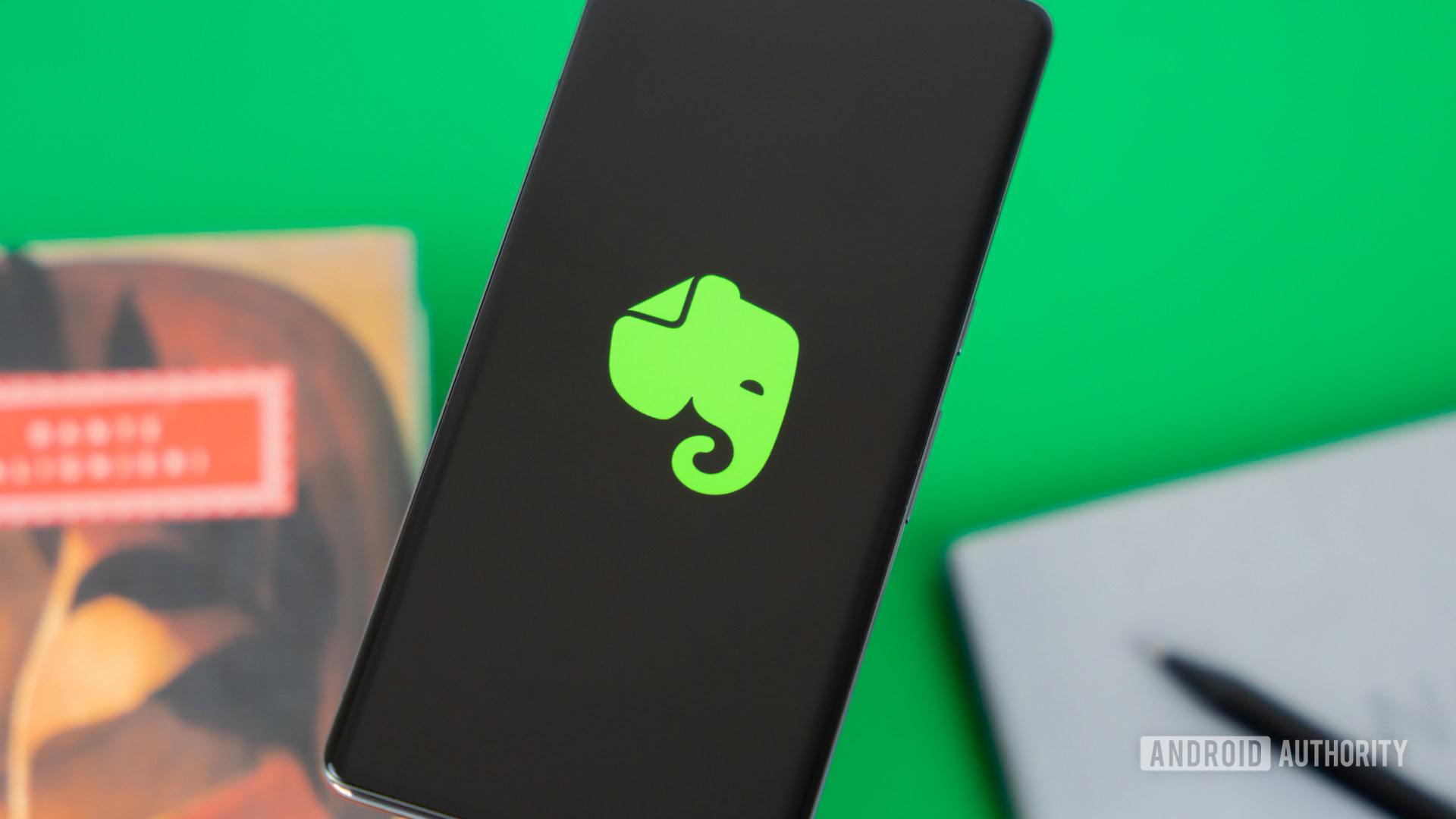
Edgar Cervantes / Android Authority
I use a lot of apps. Over the years, I often found myself in a situation where I was forced to switch from an app I used for a while to a brand new one. Some of the apps I used no longer served their purpose, as they became too basic for my needs or too cluttered with features that got in my way. And in some cases, I just wanted a fresh start with something new.
Leaving an app behind isn’t always easy, especially after using it for years and years. But I’ve done it many times, and I’ll walk you through a few cases and explain which apps I ditched and why.
Do you often ditch an app and switch to a new one?
0 votes
From Evernote to Notion
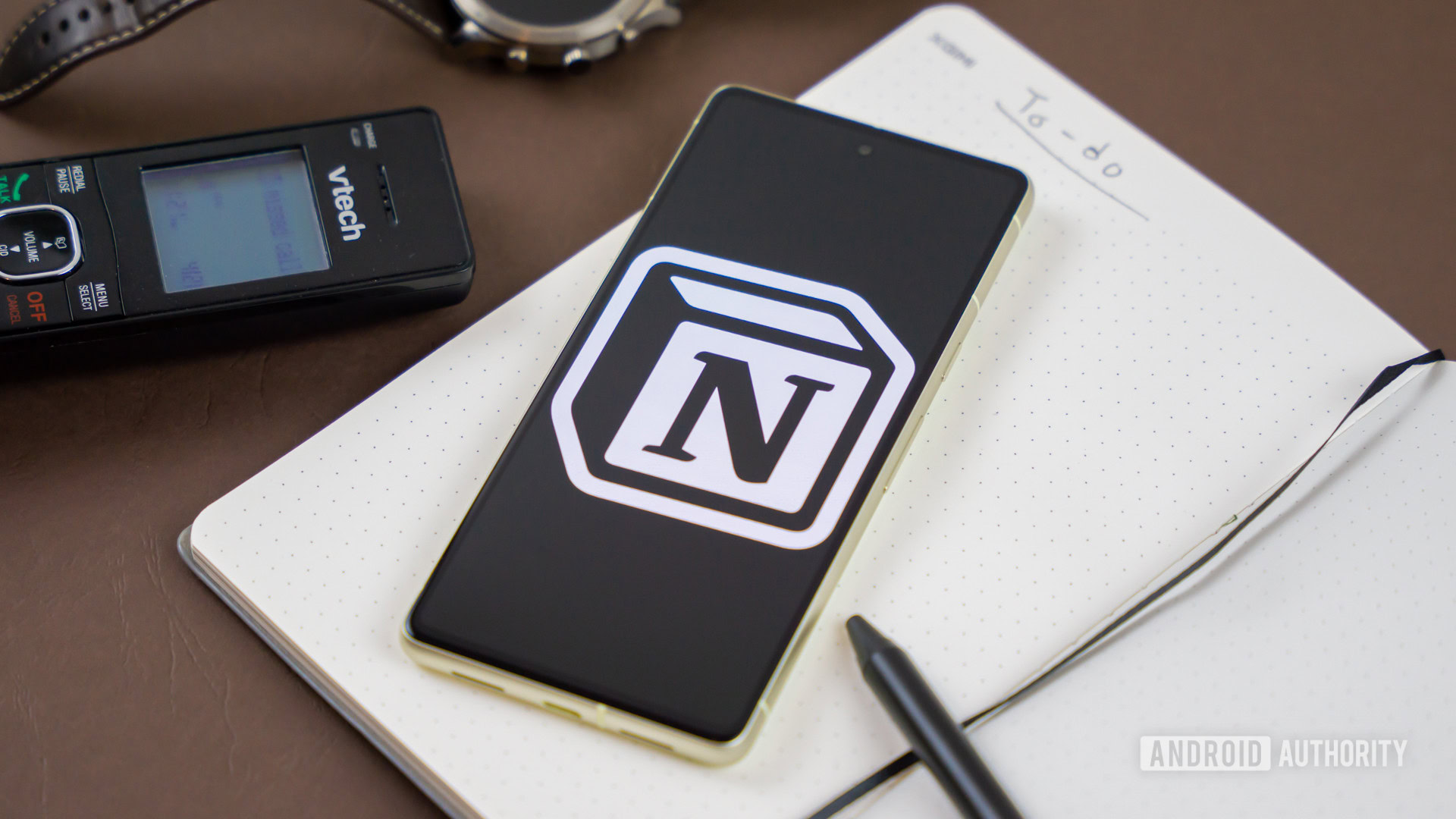
Edgar Cervantes / Android Authority
I loved Evernote and used it for years to create notes. However, it quickly became too basic for me, as there’s not a lot of customization you can do. I also disliked the pop-up ads that showed up too often, constantly nudging me to sign up for a premium plan. And then there’s the limit on the number of devices you can use Evernote on as a free user, which was set at two at the time but was reduced to just one back in August of this year.
I switched to Notion and don't regret it.
I used a Windows app, an app on my phone, and another one on my tablet. At least that was the plan. Whenever I wanted to use it on one of these devices, I had to unsync one of them. It drove me crazy, and I wasn’t willing to dish out over $10 on a premium plan since I think it’s too expensive for what it offers.
When the time came to switch to an alternative, I chose Notion. I don’t regret it for a second since Notion (Play Store link) doesn’t have any of the issues I experienced with Evernote. It’s also far more customizable; I can do almost anything I want with it. This is definitely one of the first apps I recommend to other people, although I always point out that there’s a bit of a learning curve involved, which Evernote doesn’t have.
From Microsoft To Do to Todoist

Microsoft To Do was an app I used daily to manage my professional and personal life. While it’s not as basic as Google Tasks, it still didn’t give me everything I needed at the time.
The biggest issue I had was that back when I used it, the app didn’t support natural language processing. So I always had to manually select a due date for every task I created instead of just writing it out in plain text. It does have this feature today, but it was not available when I used the app.
I also didn’t like the overall look of the app. Design is very important to me, and I enjoy using an app more if the UI is easy on the eye and intuitive. And there were other features missing that messed with my workflow, including custom labels.
After trying out a bunch of alternatives, I signed up for Todoist. I even have a Premium account for all the extra features it offers. It really is a great app — simple yet feature-packed, customizable, and just gorgeous to look at. It has everything I need from a task manager, including natural language recognition, various filters, tags, and labels, as well as an integrated calendar.
From ChatGPT to Gemini
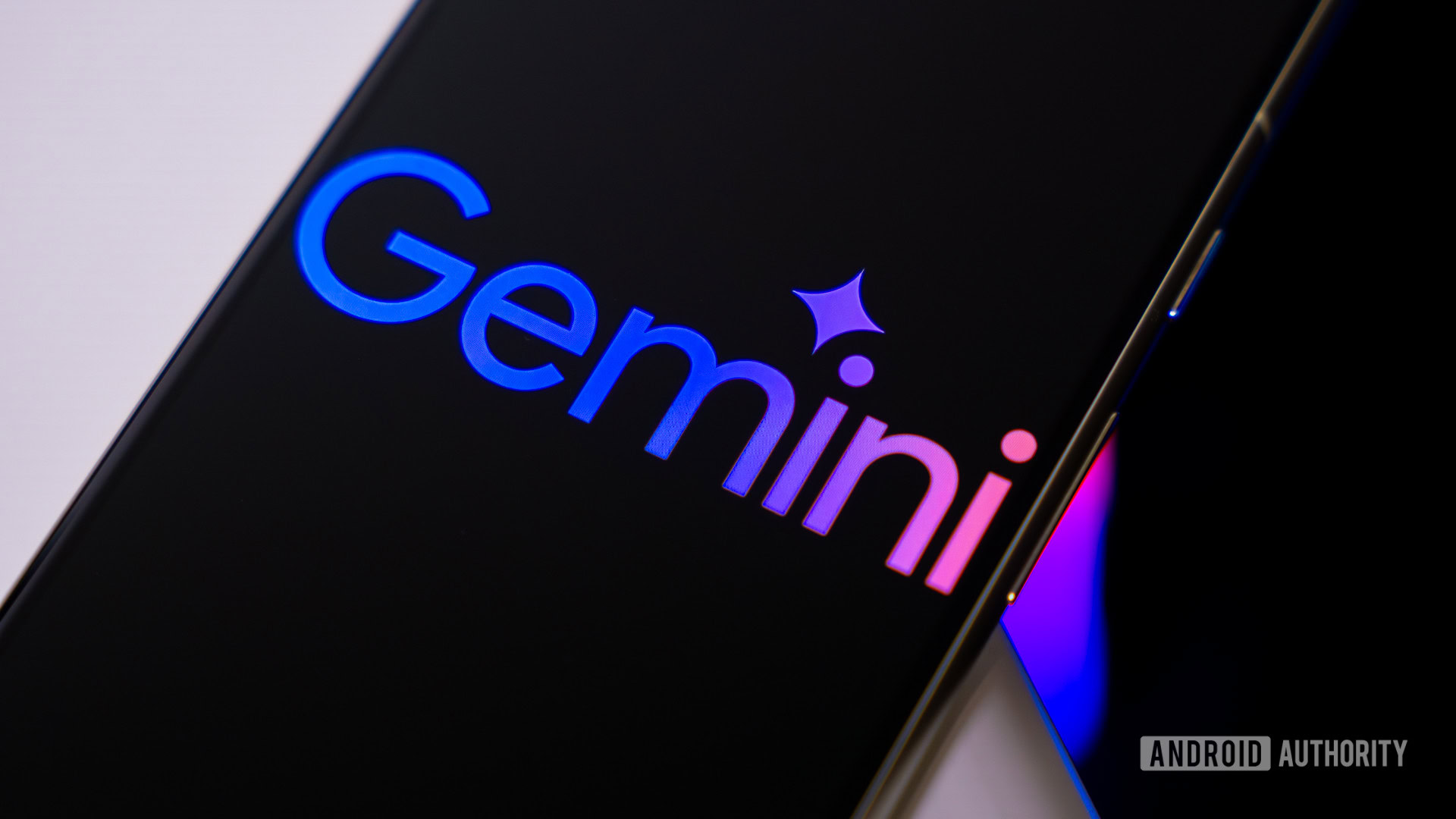
Edgar Cervantes / Android Authority
I started using ChatGPT as soon as it launched and loved it. And while I still think it’s a great app, I decided to switch to Gemini for one reason — extensions. This is one area where Google’s AI chatbot has ChatGPT beat, as the extensions on offer improve my workflow within Google’s ecosystem.
For example, Gemini’s extensions allow me to pull up an email or a specific file from an email with a simple prompt, without leaving the chatbot’s interface. I can also use them to get directions via Maps, pull up a song or playlist via YouTube Music, or make an entry to the Google Calendar.
Gemini's extensions save me time, but only when they work as advertised.
The extensions available save me time and improve my workflow, although I’d be lying if I said they were without fault. I frequently ran into issues with Gemini not being able to pull up my last email and giving me incorrect walking routes in Maps. You can read about the whole experience in my “I ditched ChatGPT for Gemini” post for more details.
Regardless, I’m sticking with Gemini for now since the extensions are very useful when they work. When it comes to AI, we’re still in the early stages, so I’m hopeful that Google will improve Gemini soon and eliminate the issues I encountered.
From Google News to Feedly
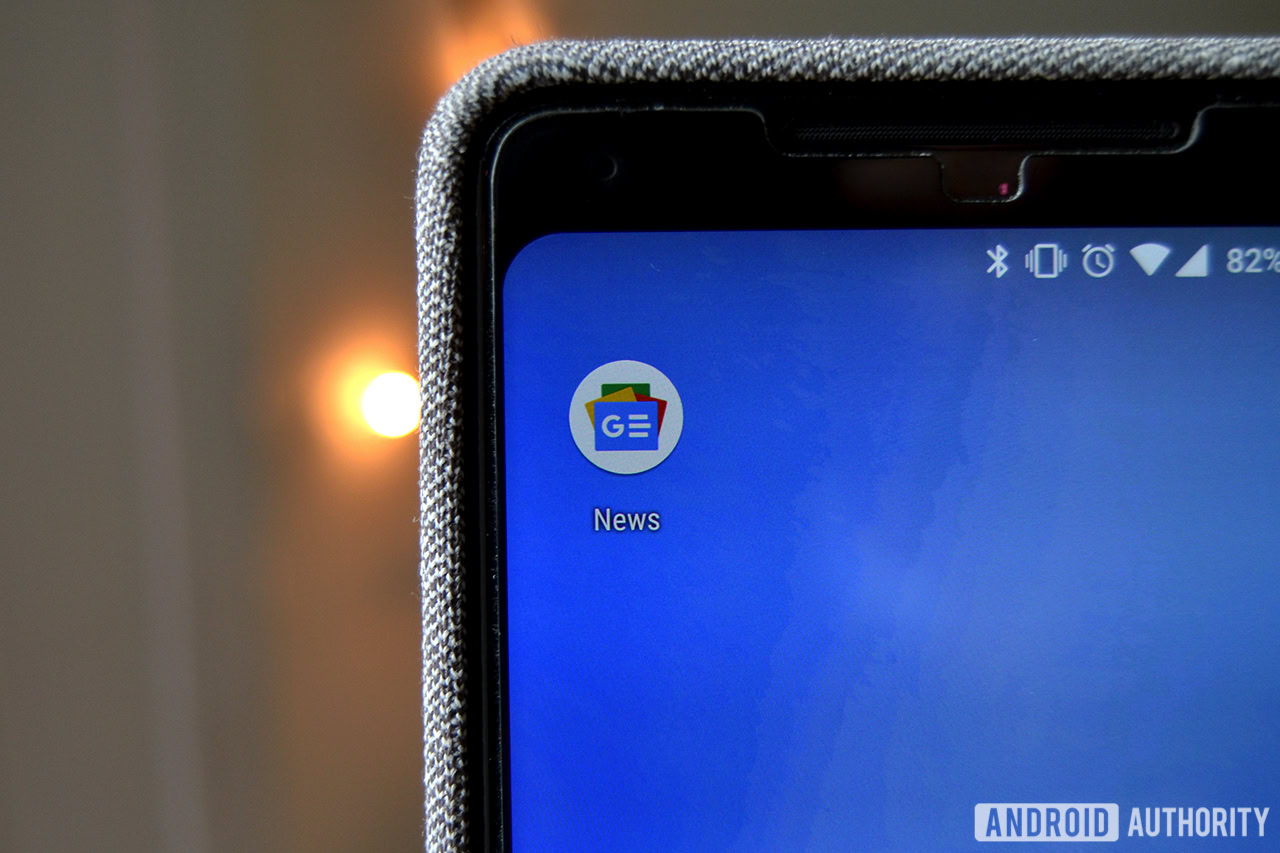
I used to rely on Google News to stay up to date with the latest news in sports, business, technology, and other topics I’m interested in. While I still think it’s a great app overall, the lack of customization does bother me.
There are some sources that show up too frequently and others that I’d prefer to see more of. Google News also didn’t allow me to create my own topics at the time that would contain the sources I trusted.
Feedly solved all of these issues for me. It’s an RSS reader with more customization options than I need. I can design my experience exactly how I want it, which takes a bit of effort at first but pays off in the long run for me. I can also mark posts as read so they don’t show up in my feed again, save them for later, or add them to a custom folder I created.
From Yahoo Finance to Koyfin
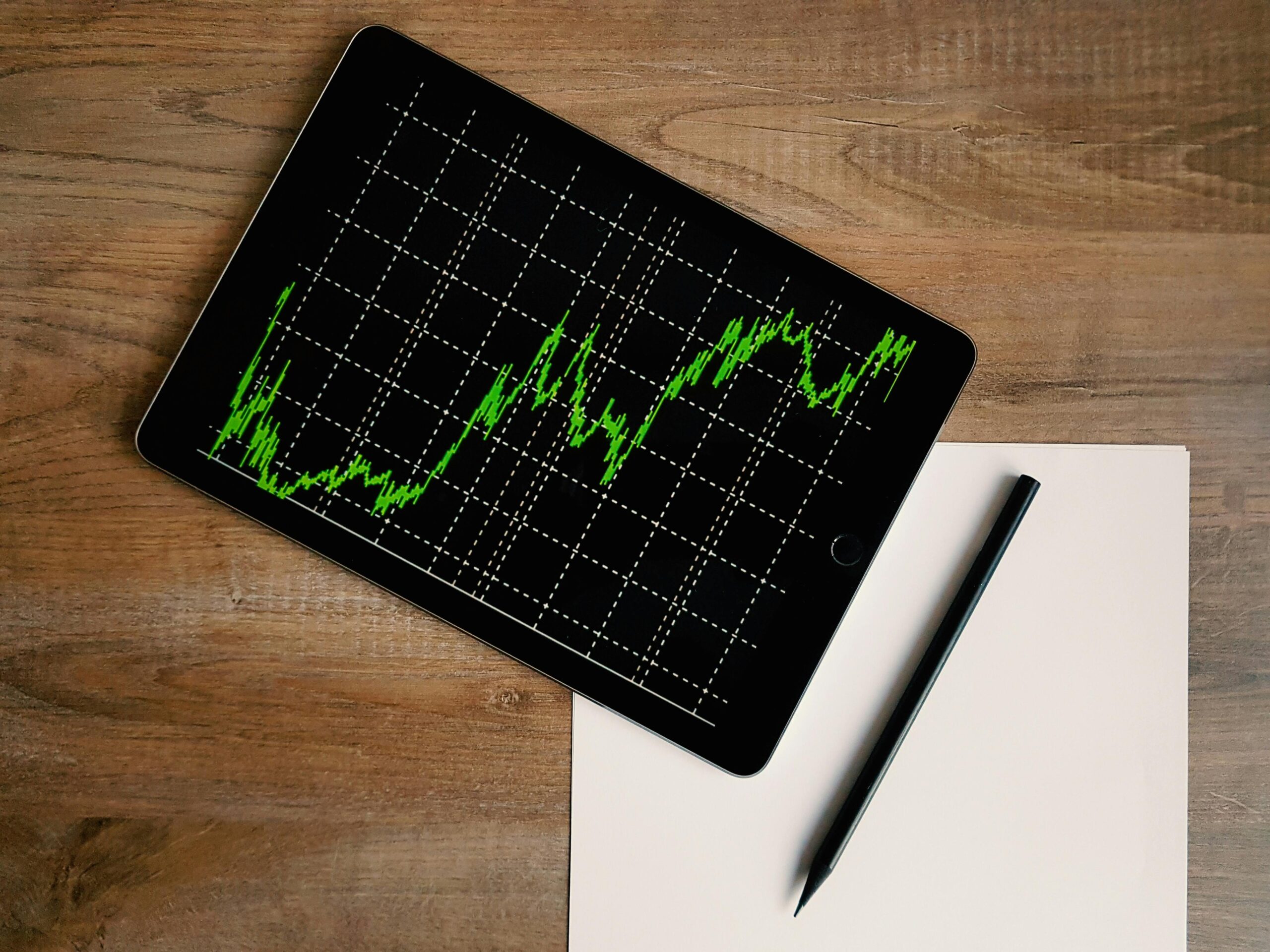
I love finance and have been following the stock market for years. Yahoo Finance is the go-to app for a lot of people since it’s free and offers plenty of data and features. I used it for a long time but have decided to switch to Koyfin for various reasons.
Koyfin is not a very well-known or popular app, but for me, it’s the best one for following the financial markets. It’s simple but gives me everything I need. And unlike Yahoo Finance, it’s not as focused on news, which I really like.
Koyfin gives me a great overview of the market.
While both apps give you access to similar data, Koyfin is just more intuitive to use. The web app especially gives you a great overview of the market. I can see everything from how the major indexes are doing to the top gainers/losers, as well as what’s going on in the commodities market.
The app also goes deeper, providing financial data along with ratios and other financial indicators that can help you decide whether a company is worth investing in. Granted, you get this with Yahoo Finance, too, but the overall experience Koyfin offers just suits my taste a lot better.
From Pocket Casts to Spotify
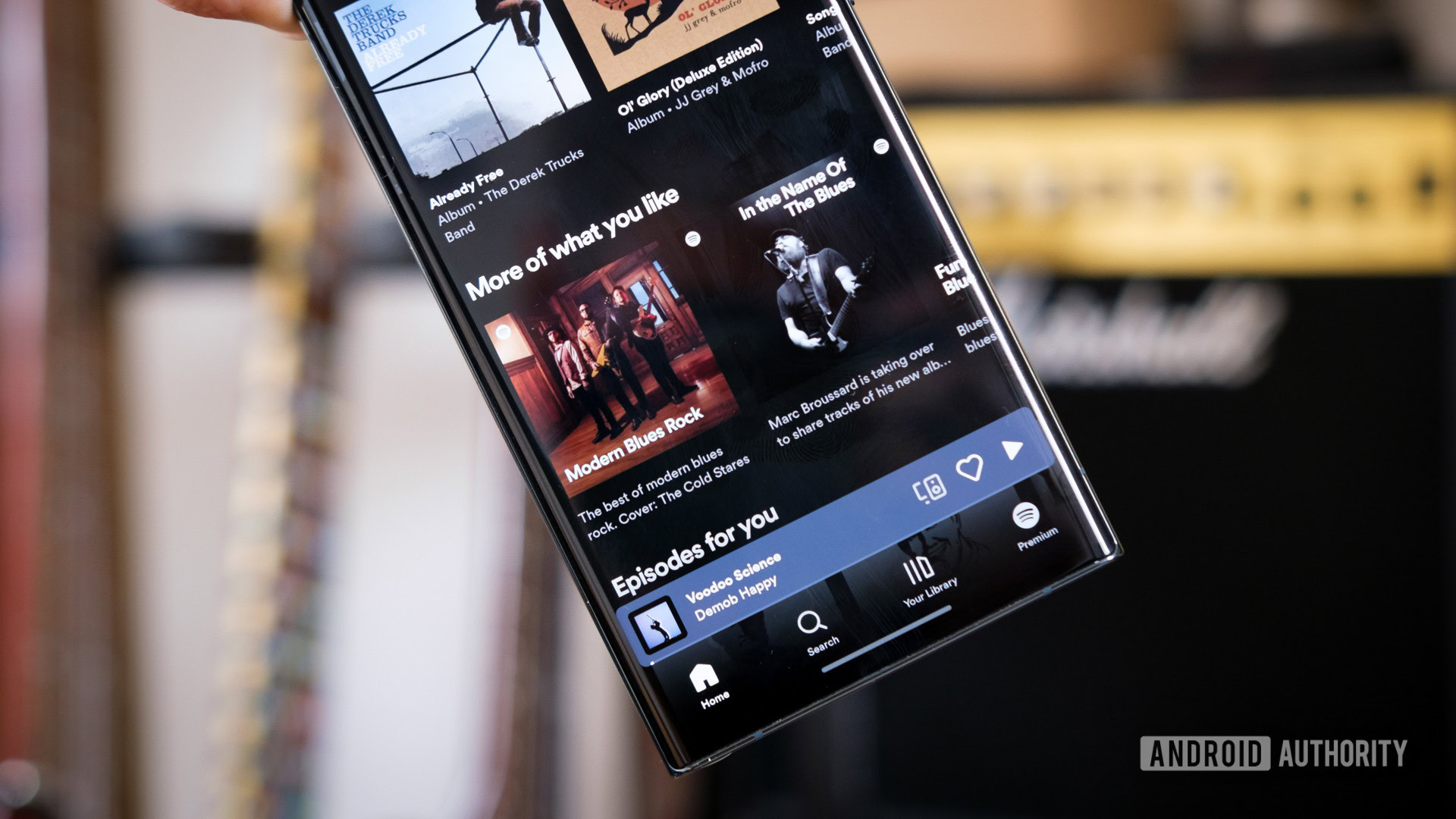
Robert Triggs / Android Authority
Pocket Casts was my podcast app of choice for a long time. I used it quite a bit since I enjoy listening to podcasts whenever possible.
I can’t really say anything bad about it — it’s truly great. The Discover feature for finding new podcasts works great since it categorizes listings based on various categories and even popularity. Each podcast comes with detailed information, and I can even download episodes for offline listening.
So, why did I switch? I use Spotify quite a bit for listening to music, especially when I’m driving. I also enjoy listening to podcasts while on the road, so it just made sense for me to use Spotify for podcasts as well. It does what I need it to, and I don’t have to use a separate app for podcasts anymore, freeing up a bit of clutter and space on my phone.
So while I wouldn’t say Spotify is a better app for podcasts overall than Pocket Casts, it is more convenient for me. That’s good enough reason in this case to make the switch.
Now it’s your turn. Head down to the comments and let me know which apps you ditched after using them for a while and why. I’d love to hear more about your experience.


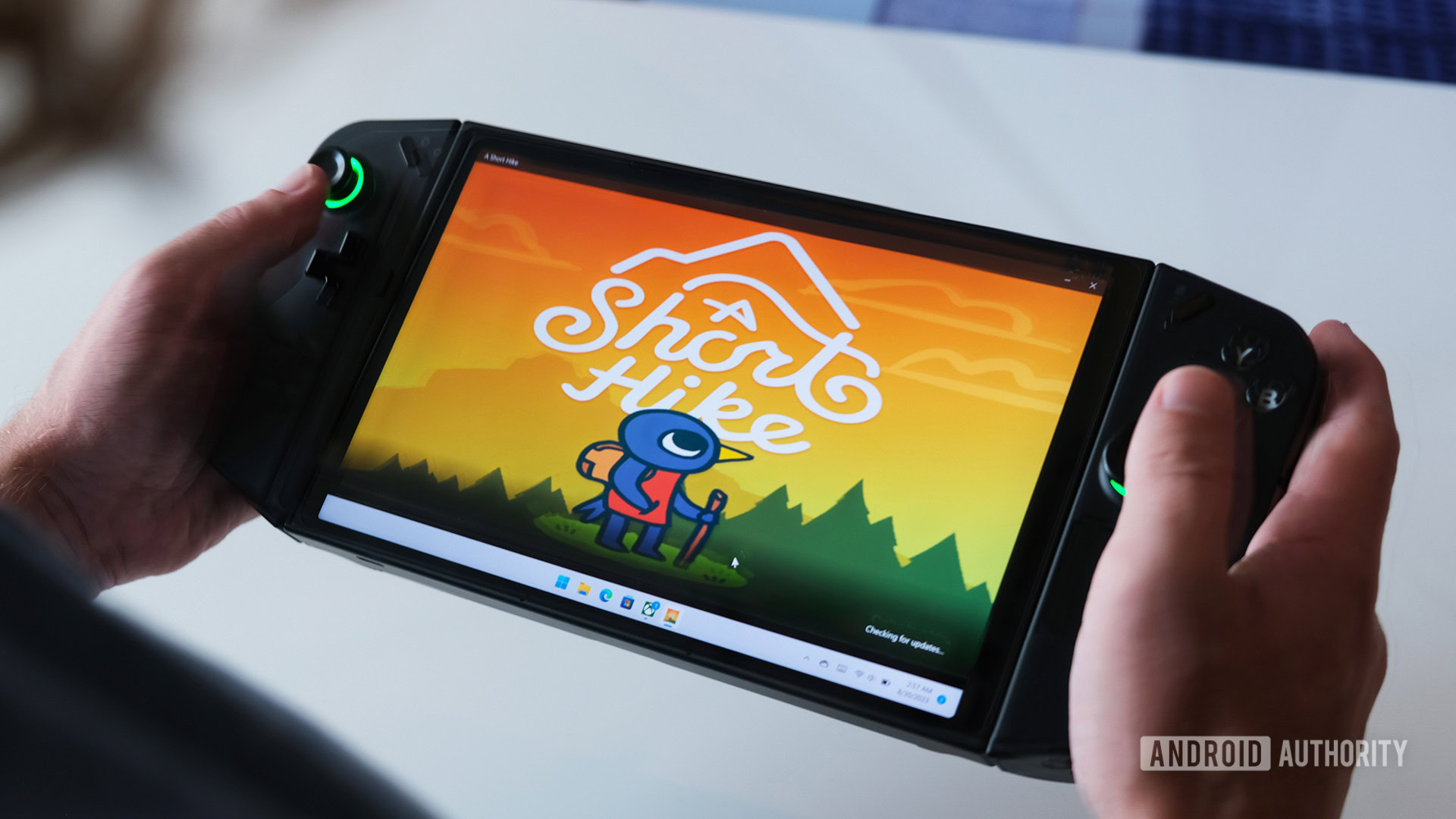
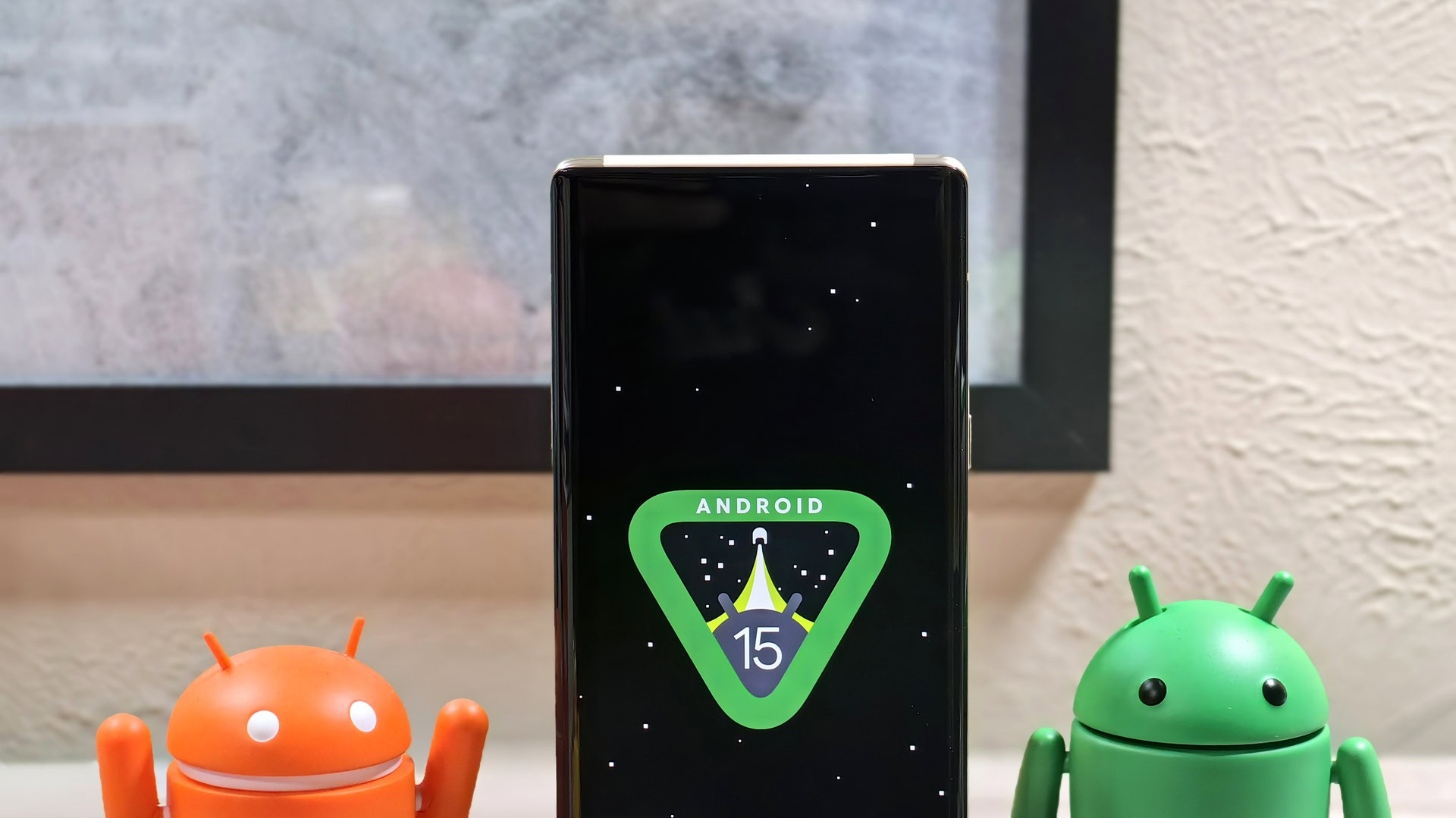




 English (US) ·
English (US) ·